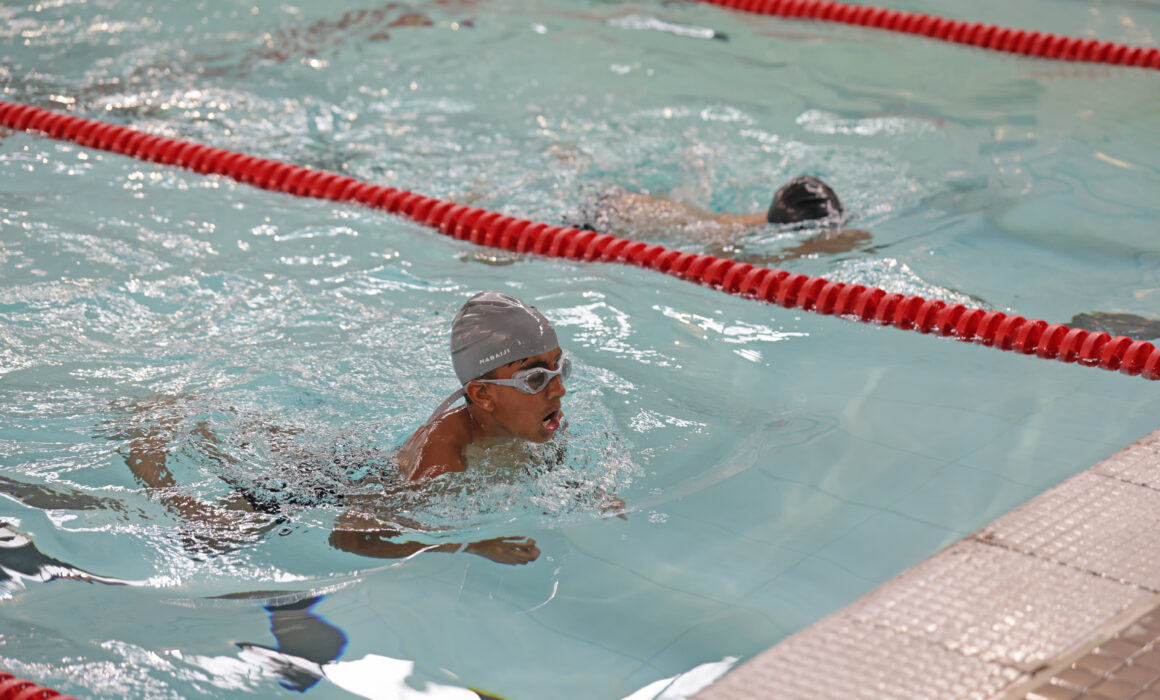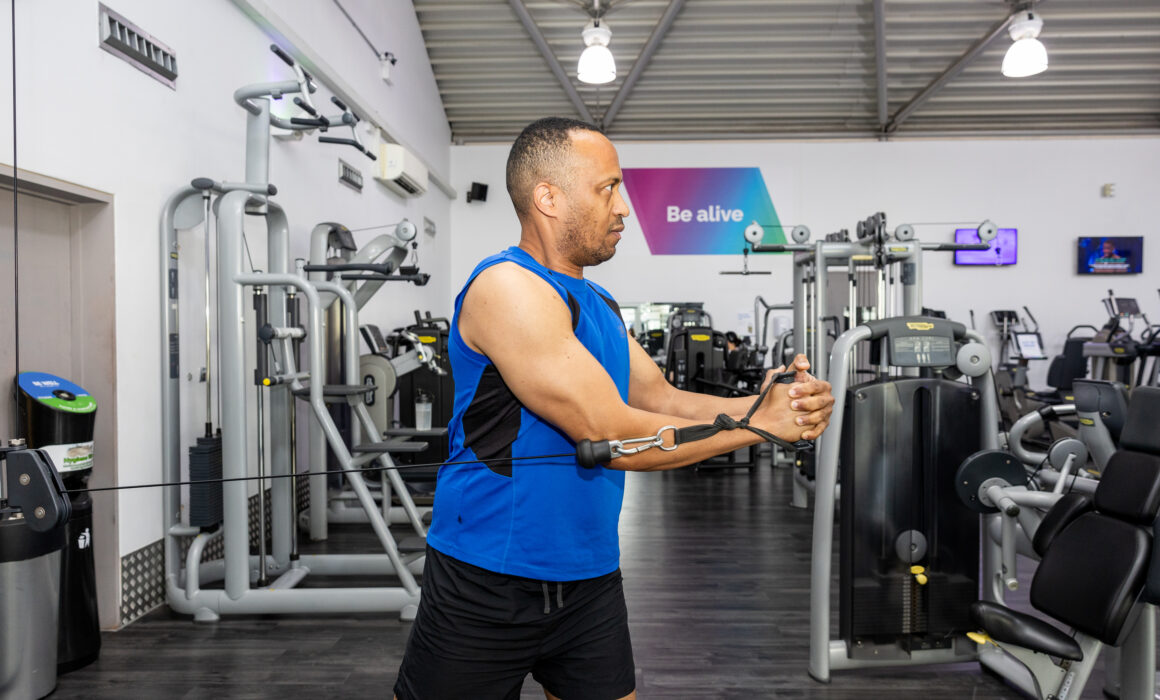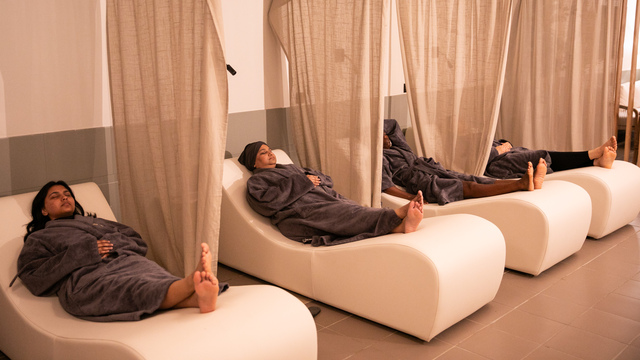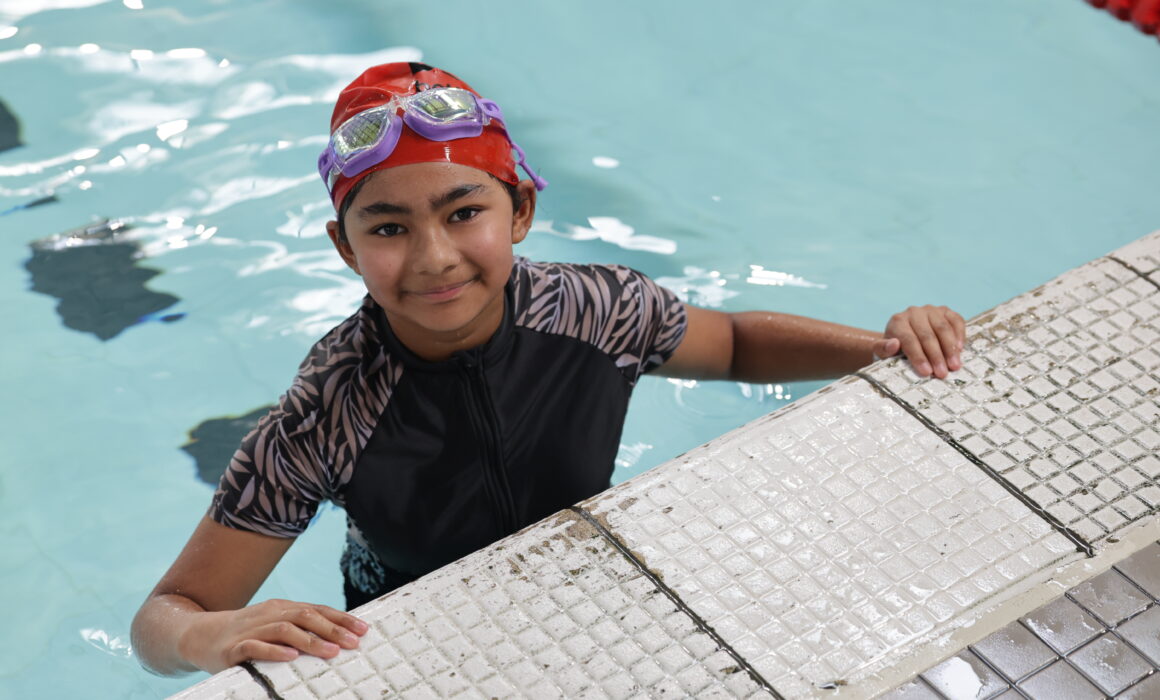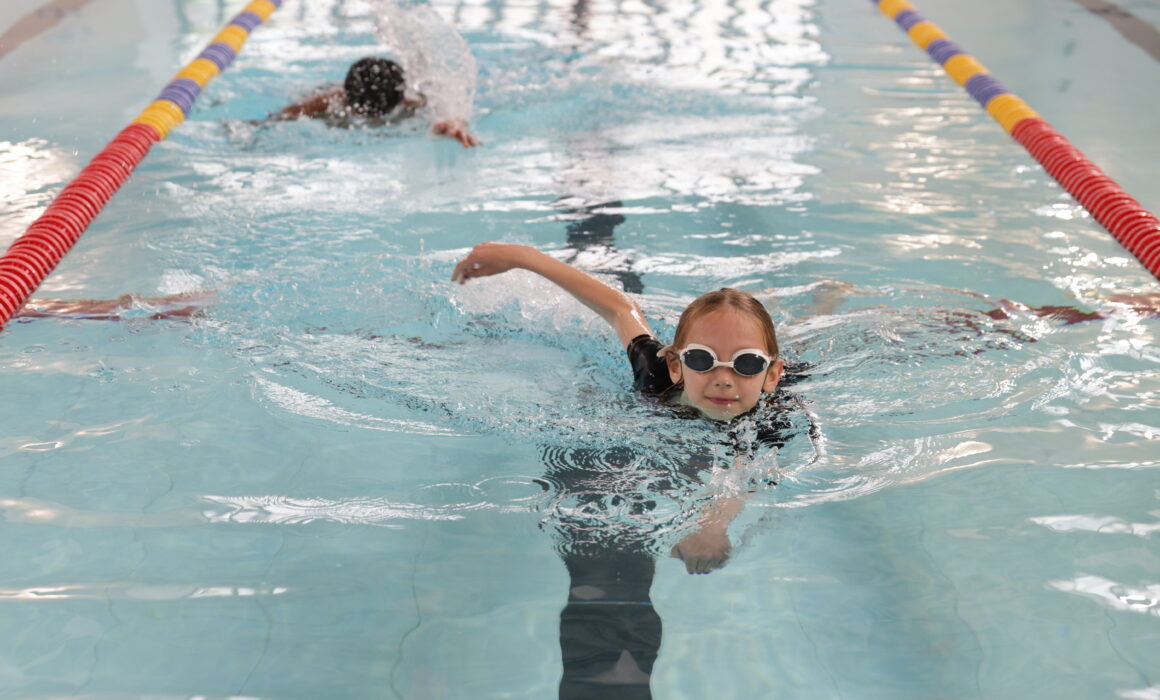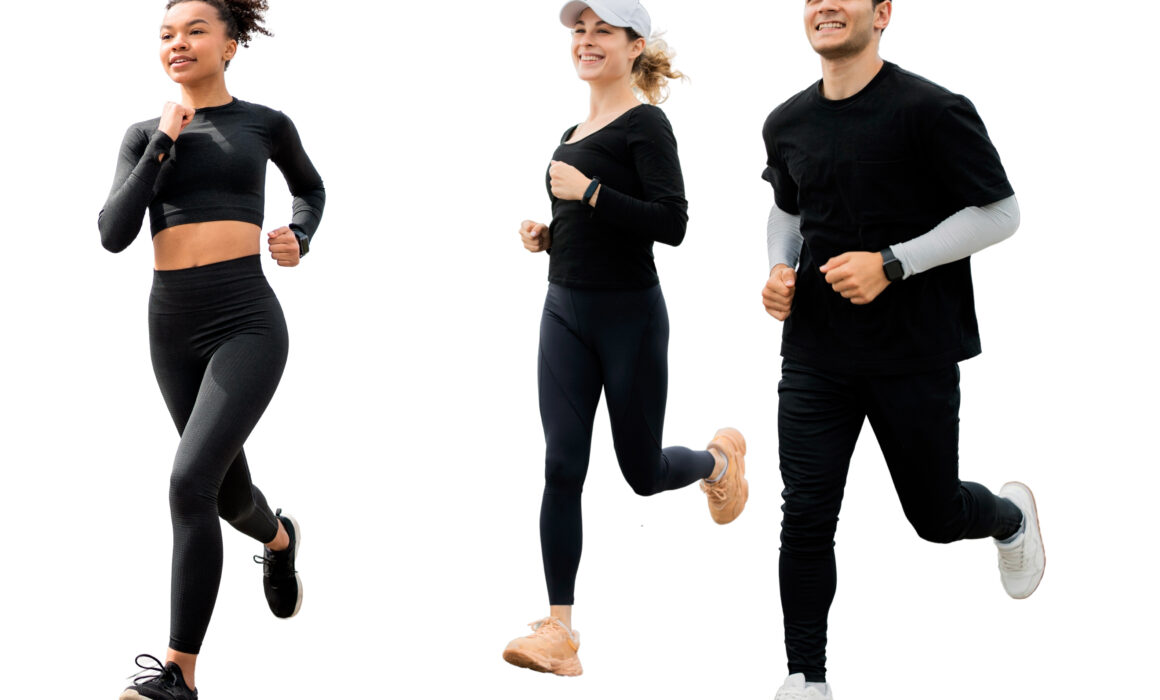Spring 2026 half term swimming crash courses
🏊♀️Spring Half term 2026 swimming crash courses – build skills and confidence in just 4/5 days!
Looking for a fun and effective way to boost your child’s swimming skills this spring half term?
Our spring half term Swimming Crash Courses are the perfect way to help children aged 4 and above gain confidence in the water, improve technique, and stay active during the half term break.
💧 What’s Included:
- A 4/5-day course with a 30-minute lesson each day
- Small group sessions led by qualified, friendly instructors
- A focus on water confidence, safety, and skill development
- Suitable for beginners and improvers alike
With prices starting from just £6.32 per lesson, it’s a cost-effective way to give your child a head start in the pool.
📅 Course Dates & Locations:
📍York Hall Leisure Centre
📆 16/02/25 – 20/02/26 (5 day course)
🕤9.30am – 12pm
Suitable for children aged 4 and over. Suitable for beginners and improvers. Stages 1 – 3 available.
🖱️ How to Book:
Click the button below to view available sessions and secure your child’s place.
📍Mile End Leisure Centre
📆 16/02/25 – 19/02/26 (4 day course)
🕤9am – 12pm
Suitable for children aged 4 and over. Suitable for beginners and improvers. Stages 1 – 3 available.
🖱️ How to Book:
Click the button below to view available sessions and secure your child’s place.
🧒 Who Can Join?
These courses are open to children aged 4 years and above. Whether your child is just starting out or looking to improve their technique, our crash courses are tailored to support their progress in a fun, safe environment.
Spots are limited and fill up fast—so don’t miss out on this splash-tastic opportunity to make waves this Spring half term.

